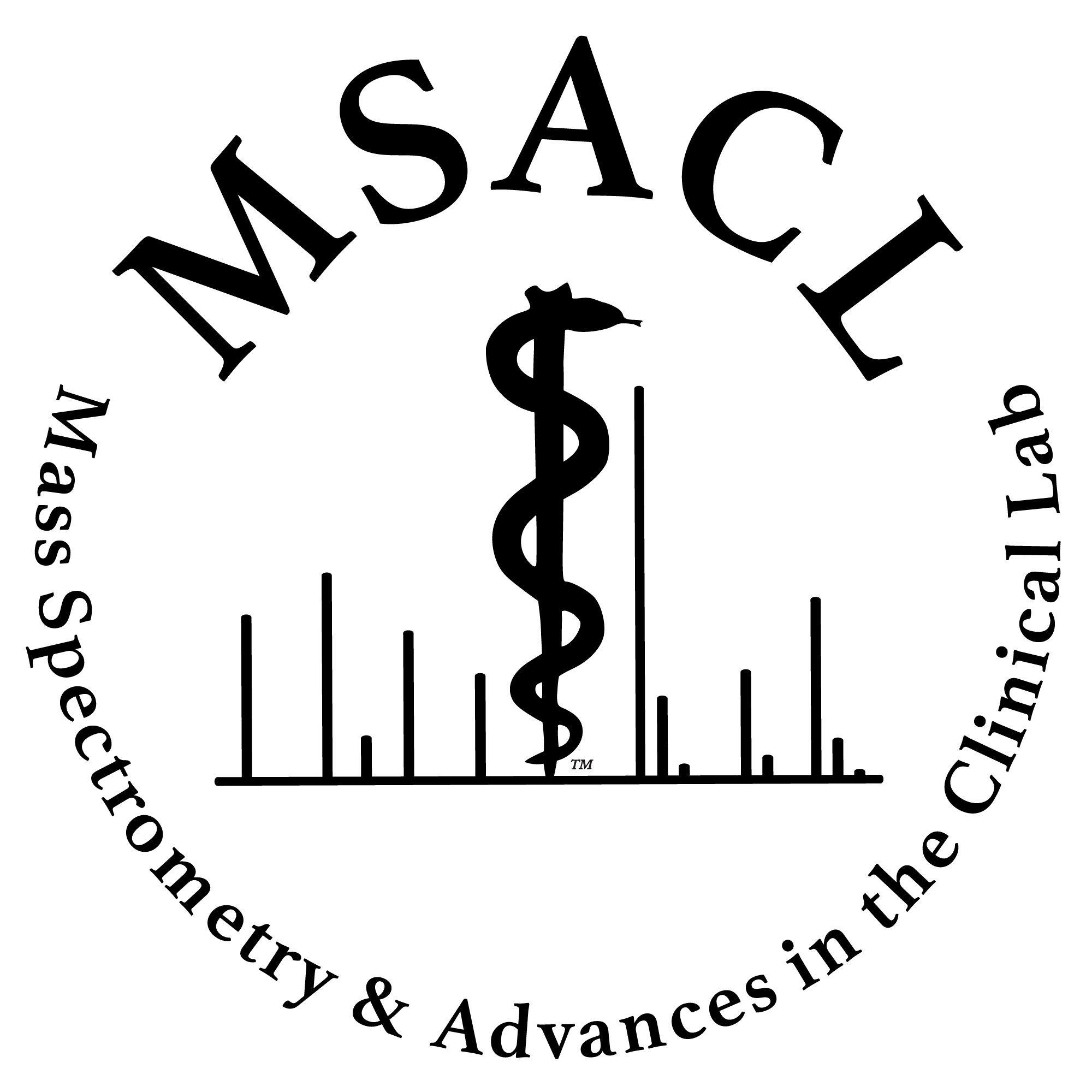|
Abstract 1. Problem
In the Forensic Urine Drug Testing Confirmatory UDC-A 2021 College of American Pathologists (CAP) proficiency testing (PT) survey a UDC-99 Wild Card Challenge was included. The objective of this challenge was to determine if routine screening and confirmation assays for the cannabis metabolite, 11-Nor-9-carboxy-Δ9-tetrahydrocannabinol (THC-COOH), were free from interference from cannabidiol (CBD) and its metabolite, 7-carboxy-cannabidiol (CBD-COOH). The sample was spiked with 100 ng/mL CBD and 500 ng/mL CBD-COOH. The sample contained trace amounts of THC-COOH (<0.5 ng/mL). Laboratories were instructed to analyze the sample by their screening and confirmatory methodology for THC-COOH. Our laboratory reported an absent THC-COOH for the screening method (THC2, Roche) and 29 ng/mL THC-COOH as measured by our confirmatory method (LC/MS/MS). Although it was an ungraded challenge, our confirmation result was inconsistent with the expected result and an investigation followed.
2. Method Information
• Extract 100 μL of urine via NBE HPSCX 1mL 5mg SPE columns
o Incubate 45 minutes at 68°C with Kura BG100 Glucuronidase
o Cool 10 minutes
o Push liquid through the columns on Resolvex M10 processor
o Rinse 0.75 mL Milli-Q H2O.
o Rinse 0.5 mL 0.1N HCl.
o Rinse 0.75 mL 80:20 water:methanol
o Dry
o Elute with 0.4 mL 40% n-propanol, 3% ammonium hydroxide, 17% methylene chloride
o Dry at 40°C
o Add 20 µL of methanol
o Add 100 µL Milli-Q water
• Waters Xevo TQ-D with Acquity UPLC System
• Acquity 2.1x50 mm, HSST3, 1.8 μm column
• Mobile phase A: 0.1% formic acid in water
• Mobile Phase B: Acetonitrile
• Column oven: 40°C
• Injection volume: 2 µL
• Quantitative multiple-reaction monitoring mode (MRM) acquisition
3. Troubleshooting Steps
The CAP sample was re-analyzed by different technologists and the presence of THC-COOH in the sample was not consistent and appeared to be user dependent. To investigate the interference of CBD and its metabolite in our THC-COOH urine assay, standards of CDB and CDB-COOH were purchased. Injection of CBD resulted in no peak detection for transitions 345.3 m/z, 299.3 m/z, and 327.3 m/z. Injection of CBD-COOH showed a peak at 5.15 minutes which differed from the retention time of THC-COOH being 5.85 minutes. Contamination was investigated in our plastic pour over tubes. A THC-COOH positive sample was incubated overnight in glass, polypropylene, and polystyrene tubes. No additional THC-COOH was seen in the samples. Additionally, contamination from the 96-well plate was ruled out. The pre-analytical sample preparation was investigated. It is known that in vitro conversion of CBD-COOH to THC-COOH can occur in the presence of an acid. In our sample preparation the solid phase extraction (SPE) column is rinsed with 0.5 mL 0.1N HCl and then dried at 40°C for 10 minutes. To assess, residual urine negative for THC-COOH were spiked with 100 ng/mL CBD or CBD-COOH. The urine samples were dried after the 0.1N HCl rinse for 10 minutes. The urine sample containing CDB showed no THC-COOH peaks while the CBD-COOH-containing urine displayed a peak with the same retention time and transitions as THC-COOH. In a sample preparation where the 0.1N HCl was replaced with water and then dried for 10 minutes no THC-COOH peak was observed. Lastly, a sample spiked with 100 ng/mL CDB-COOH was prepared with 0.1N HCl and let to dry for only two minutes and this resulted in no THC-COOH peak.
4. Outcome
The interference of CBD and its metabolite in the accurate THC-COOH quantitation in our urine LC/MS/MS was variable and user dependent. Analysis of CBD and CBD-COOH standards revealed that the positive THC-COOH result was not from non-specificity of the assay. Furthermore, contamination was ruled out. Our investigation shows the in vitro conversion of CBD-COOH to THC-COOH due to over drying the SPE columns in the presence of HCl. To prevent this interference in our assay the drying time of the SPE column was decreased from 10 to two minutes. In addition, we have implemented a quality control that contains CBD-COOH. For this quality control we look for the presence of THC-COOH to assess if the samples are overdried to deem if the sample preparation was acceptable.
|

